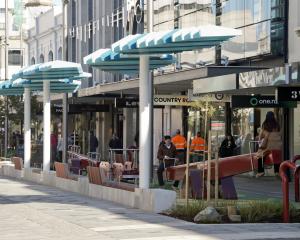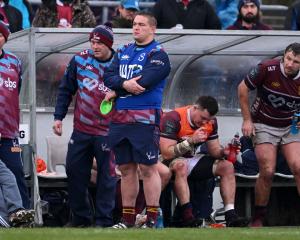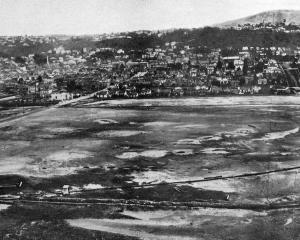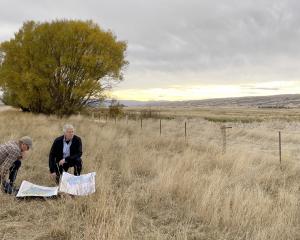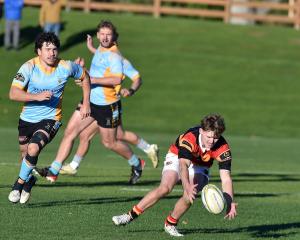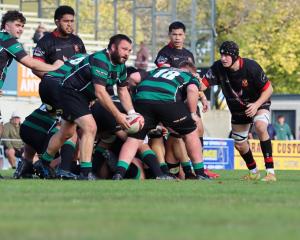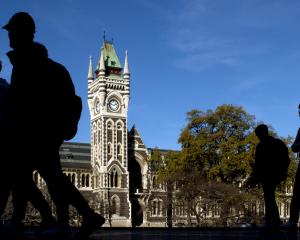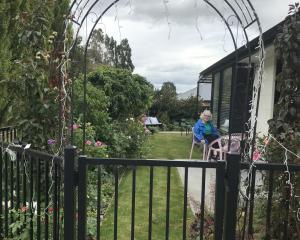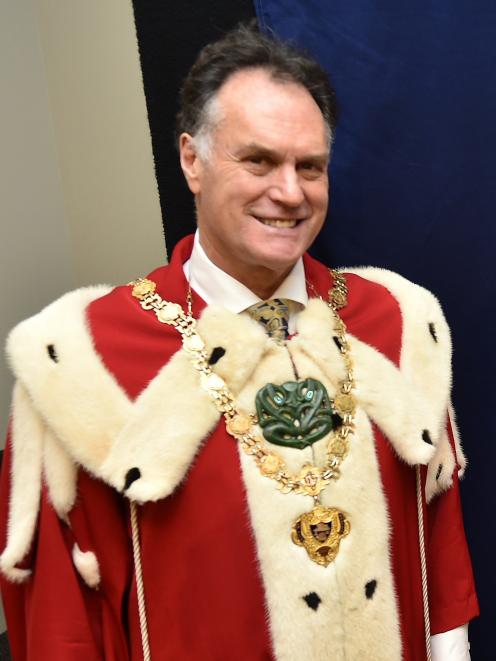
Polling agency Curia Research conducted a nationwide poll of the country’s mayors over the past few months.
The country’s top-ranking mayor was Waimakariri’s Dan Gordon, with a net approval rating of +51%, and the lowest was Wellington’s Tory Whanau on -12%.
Auckland Mayor Wayne Brown’s net approval rating was -9%.
Mr Radich had a net approval rating of +1% — lower than Invercargill’s controversy-plagued mayor Nobby Clark (+4%), and one of the lowest in the country.
"My first thought when I saw 1% was ‘Well, at least it’s positive’.
"It might not seem like a great result, but it’s not a negative one — unlike a few other colleagues — and I think it reflects the pressures we're all under in local government, especially the metro sector."
Mr Radich said increasing rates and debt levels were never popular, but both were unavoidable at present.
"Any mayor fronting these increases is always going to take a hit.
"However, I'm working hard to put Dunedin’s finances on a more sustainable path, but it’s certainly not fun.
"The difficult decisions fall to me and the councillors.
"Unfortunately, sometimes we all have to go through some pain to get the positive results we want and that includes me."
Southland District Mayor Rob Scott had the highest net approval rating in the southern region, with +28%.
"I take any feedback that I get — positive or negative — seriously," Mr Scott said.
"I have also been working very hard on empowering our local community boards and communities, which is proving to be one of Southland's strong points.
"There needs to be some serious conversations around the tax split, and the effectiveness of the money being spent as close to the source as possible."
Curia Research founding director David Farrar said the results were "fascinating".
"What surprised me is the huge variation between mayors — some had amazingly good ratings and some fairly dismal.
"It showed that unlike central politics, where 30% will be against you purely on your affiliation, New Zealanders are more nuanced with mayors."
Mr Farrar said 14,000 respondents across the country agreed to participate in the poll: 11,200 by phone (landline and mobile) and 2800 by online panel.
The poll asked the questions: "How do you rate the job your local mayor has done since the last election? Has it been very poor, poor, average, good or very good?".
"I enjoyed collating the data and seeing the ratings because as far as I know this has never been done before over the whole country," Mr Farrar said.
"Previously, we had polled a few areas around election time, but this was the first one to try to get ratings over the entire term for all mayors."
Mr Farrar expected the next local government elections to be without a national issue such as Three Waters to galvanise voters.
"On this poll I expect most mayors to be re-elected as long as they have a united council, communicate well, and make progress on local issues.
"The ones where the mayors are not very popular will to a large degree come down to the strength of other candidates — people want a change, but not change at any cost."
He said the most common traits for popular mayors were that they were high profile with a united council and seen as a great advocate for the area.
"The poorly-performing mayors were almost all from the larger cities, which might reflect their issues around congestion and housing.
"The councils are generally seen as divided and the mayor as somewhat partisan."



